
Chthonic
adjective : of or relating to the underworld : infernal
This 19th-century word begins with a series of two digraphs that do not typically hook up. In fact, the only other English word in established use that begins with this same series of letters is the variant of chthonic, chthonian. Both have their origin in the Greek chthon- or chthōn, meaning "earth." A note on pronunciation: the ch is silent, so play and play .
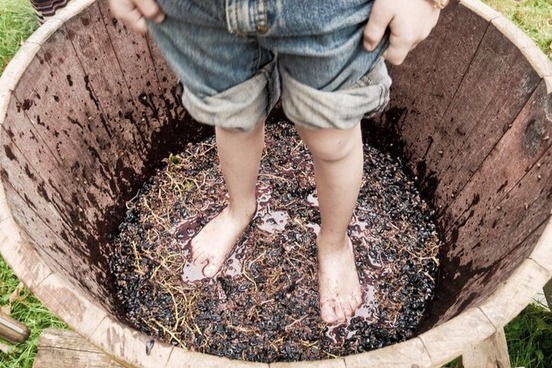
Squush
verb 1 : to squash or crush (something) 2 : to emit a sucking sound : to squish
It's not that two u's in a row are unheard of—vacuum and continuum are pretty good hangman words too—but squush has so little else in it that it's sure to confuse your opponent. The word is a mid-20th century term that was coined as an alteration of squish by some lexical rapscallion. Note that squushy is available to you as well.
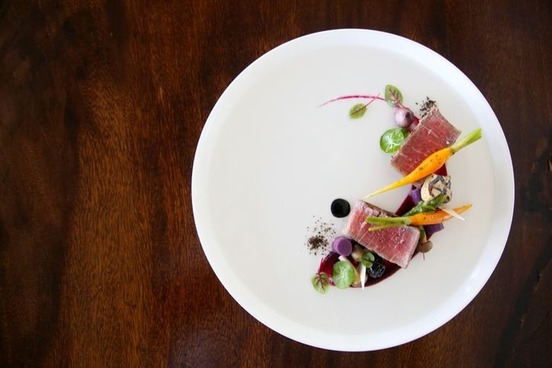
Kickshaw
noun 1 : a fancy dish : delicacy 2 : trinket, gewgaw
With only two vowels among a total of eight letters, the jaunty-sounding kickshaw is a reasonable selection for a good bout of hangman. The word has the added benefit of being a debauching of French: it's from a misunderstanding of the French phrase quelque chose, meaning "something," as a single plural word. (The l was unpronounced in French at the time.) The cksh combo is also available for exploitation in buckshot and rickshaw.

Zugzwang
noun : the necessity of moving in chess when it is to one's disadvantage
Another unusual string of letters makes zugzwang a solid choice for hangman. The word is also helpfully obscure: it's likely to be unfamiliar to anyone who isn't a chess geek. Zugzwang was borrowed into English from German, where it was formed from zug, meaning "pull, tug," and zwang, meaning "force, coercion."
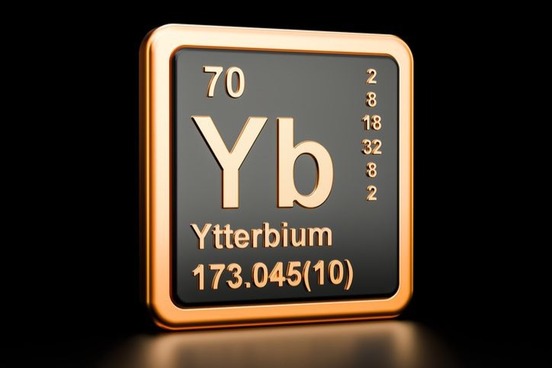
Ytterbium
noun : a soft metallic element of the rare-earth group that occurs especially with other rare earth elements in minerals and that has few commercial uses
While ytterbium may look like the linguistic concoction of a scalawag, it's in fact a real word. Its unusual spelling can be attributed to its origin: the element it refers to was named for the town of Ytterby, Sweden.

Randkluft
noun : a chasm formed when ice recedes from a mountainside or breaks away from stationary ice
Also from German, randkluft is low on vowels and has the unusual internal kl in its favor. It comes from rand, meaning "rim," and kluft, meaning "crevice."
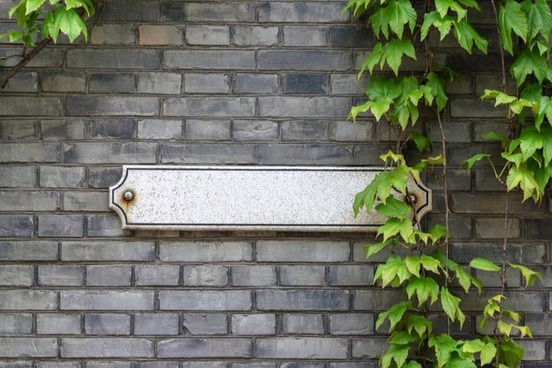
Yclept
past participle of clepe
Yclept is an old word, but it's still got some presence in the living language, unlike its infinitive relation, the verb clepe. Clepe means "to name or call," and yclept appears (usually in playful contexts) in phrases like "We ventured to a pub, yclept Ye Olde Watering Hole." The y at the beginning of the word is a Middle English form of the Old English prefix ge-, which denoted the completion or result of an action.
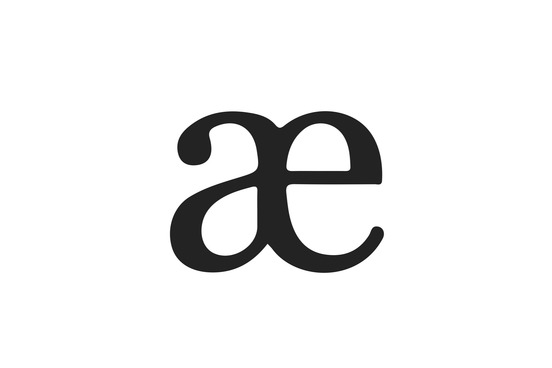
Diphthong
noun 1 : a gliding monosyllabic speech sound (such as the vowel combination at the end of toy) that starts at or near the articulatory position for one vowel and moves to or toward the position of another 2 : digraph 3 : the ligature æ or œ
Neither sandals nor scanty underclothes are implied in the use of this word. Diphthong is largely a linguistics term, and it didn't always have that pleasant phth. The word's Middle English form was diptonge, from the Middle French diptongue, but in modern English the h was introduced into the first syllable, in honor of the word's Greek ancestor diphthongos, from di- and phthongos, meaning "voice, sound."

Squdgy
adjective : squat, pudgy
Usually in English, when you've got a q you have a u after it and then another vowel to do the regular vowel work. Not so with squdgy. This word makes the u do double duty, which is sure to confuse your opponent. Squdgy is a blend of the words squat and pudgy.
And there you have it. Now go kick some word-game-opponent posterior.





